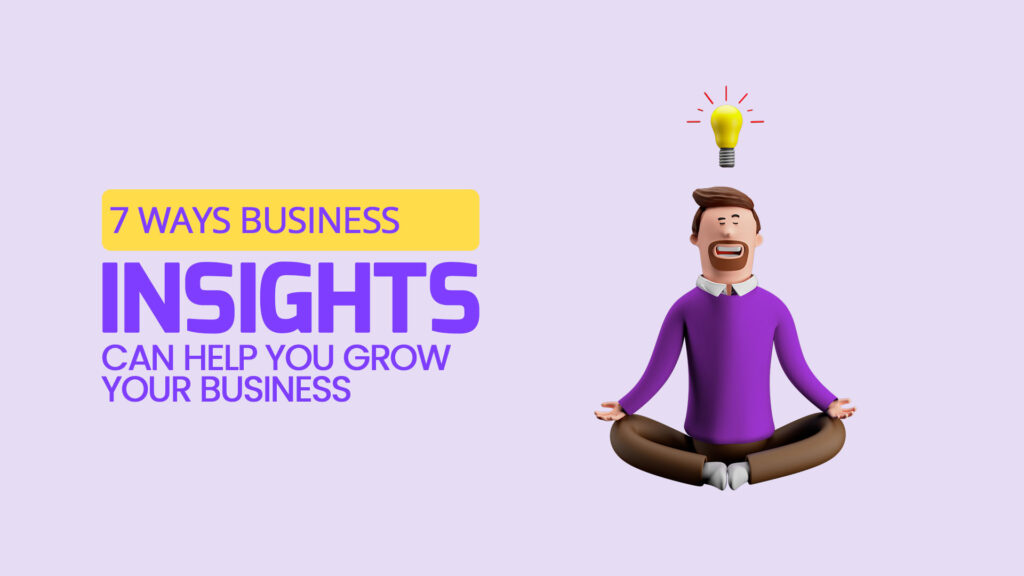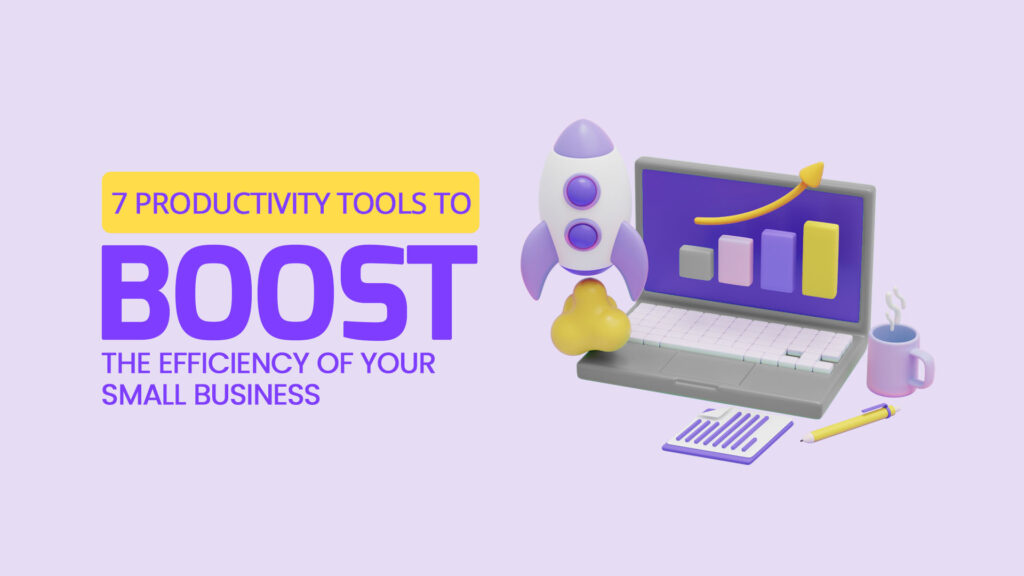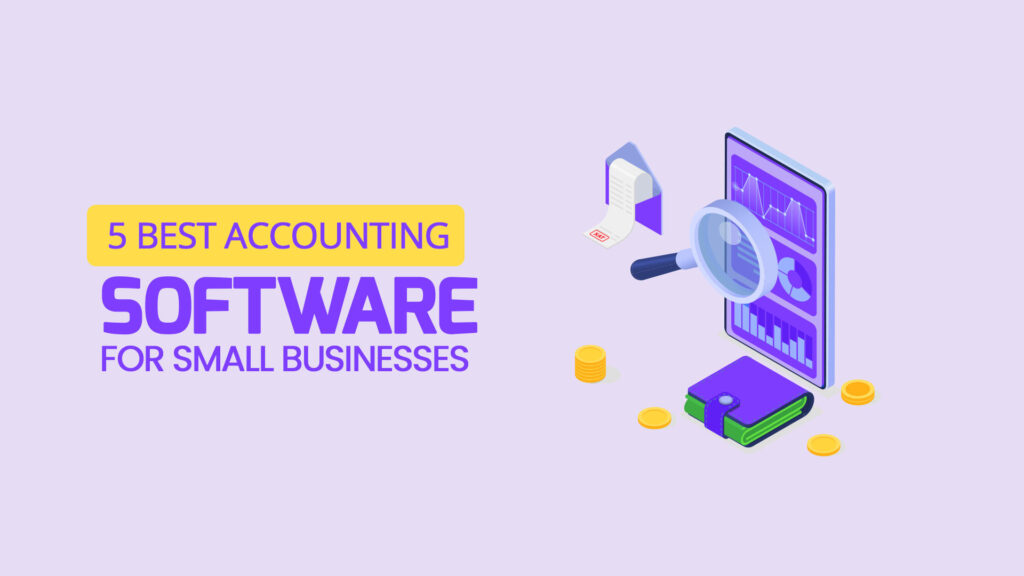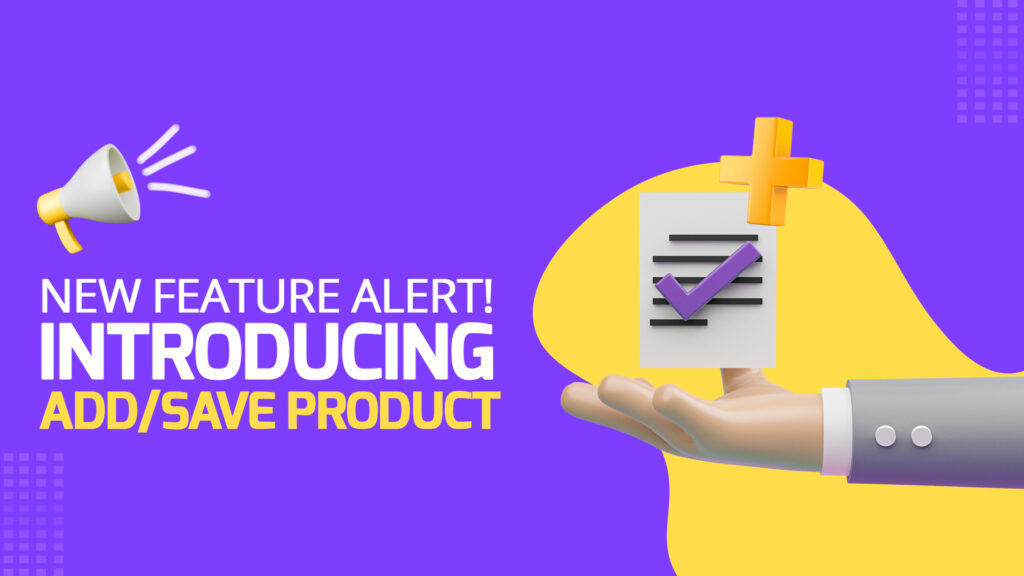7 Ways Business Insights Can Help You Grow Your Business
In the business world, data serves as a roadmap to knowing customers better and the insights derived from that data prove to be crucial for unlocking growth and success. With the right business insights, you can make informed decisions, stay ahead of the competition, and provide an enhanced experience to your customers. In a world […]
7 Ways Business Insights Can Help You Grow Your Business Read More »






